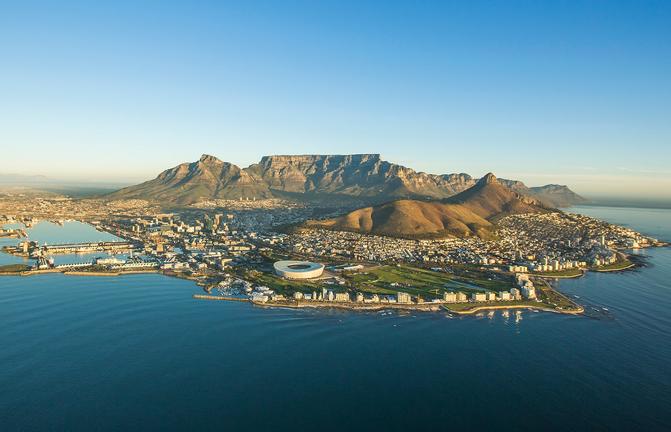
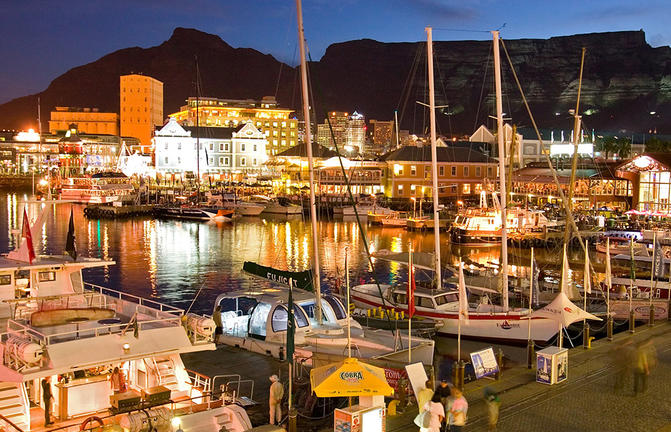
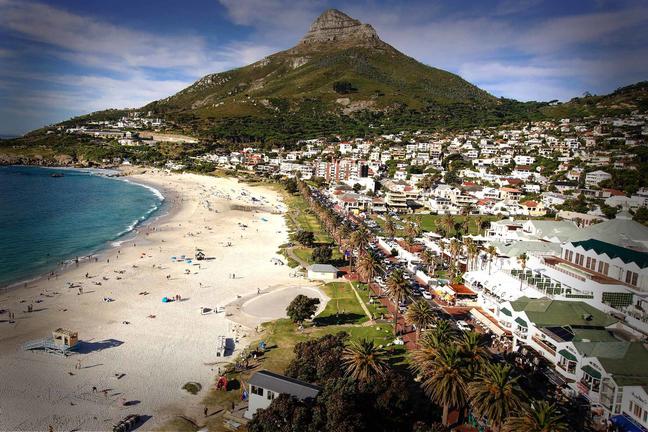
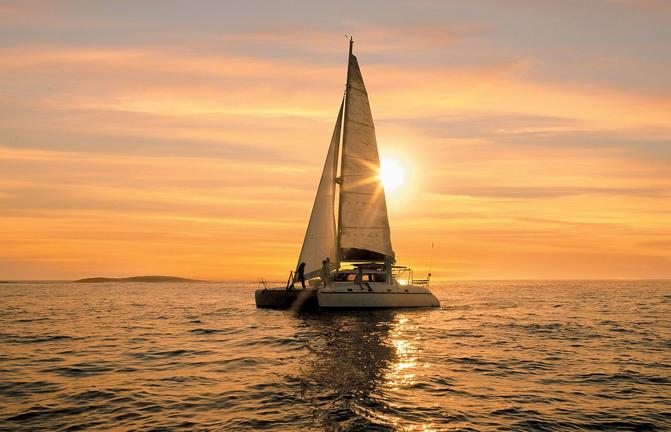
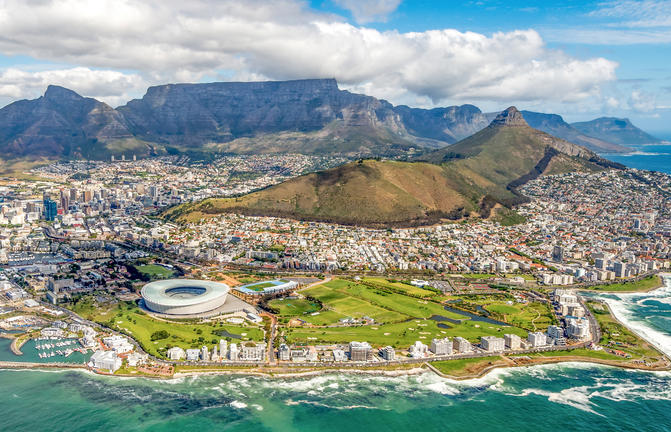
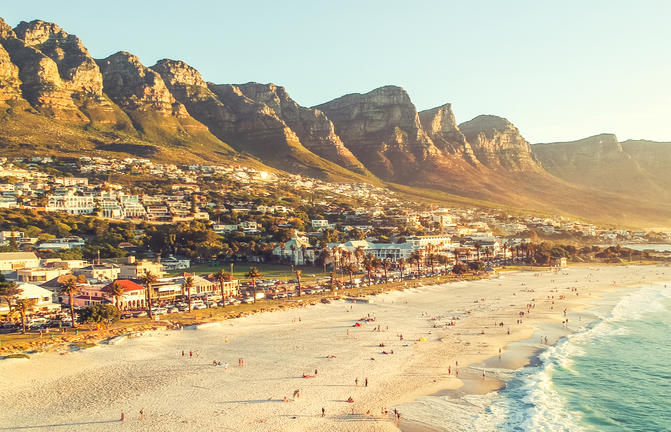
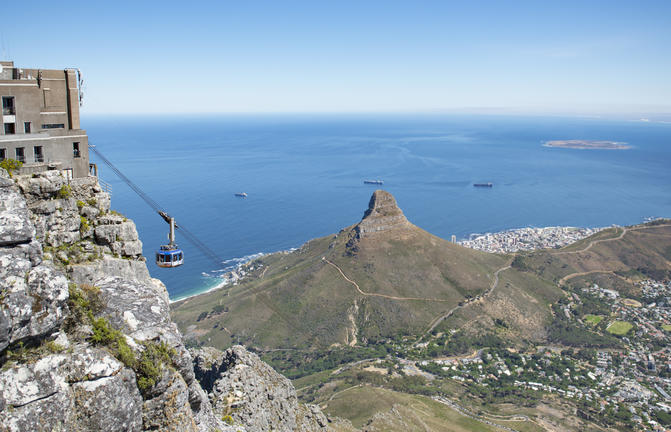
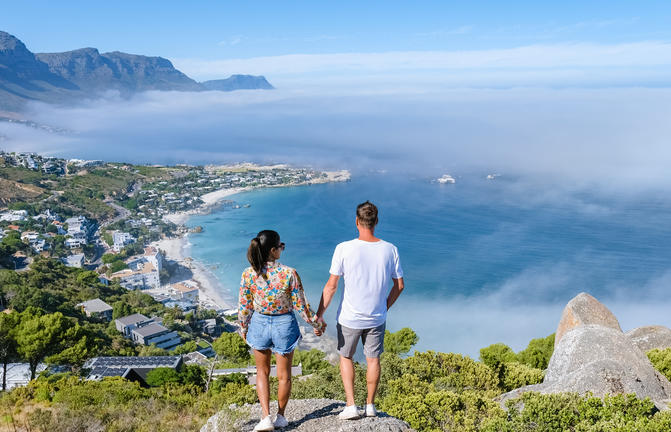
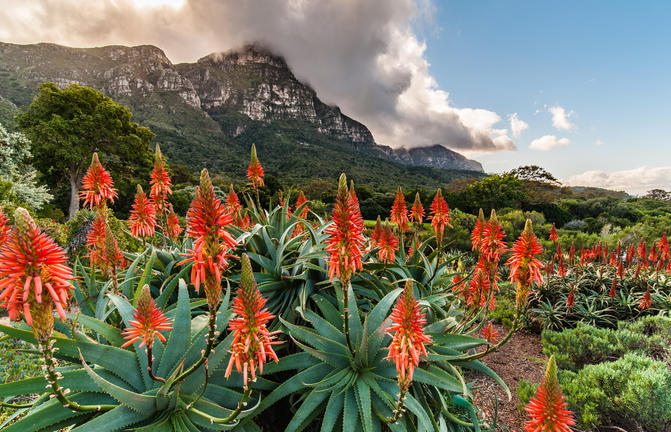
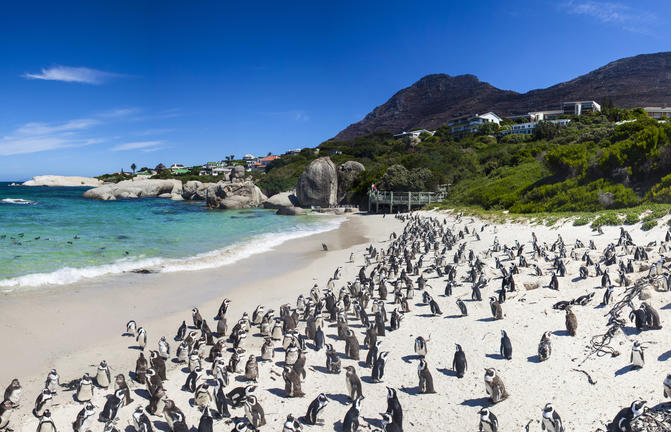
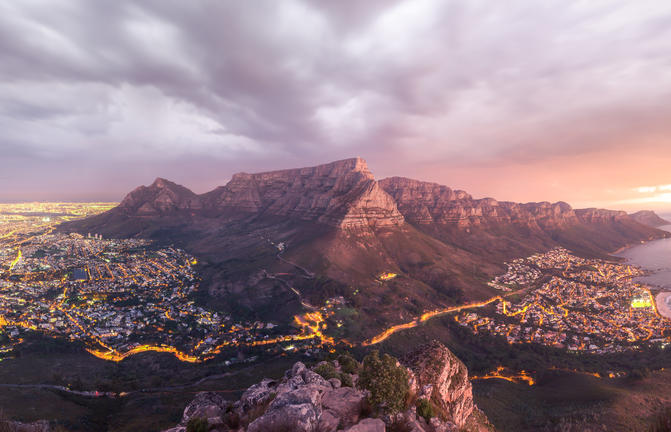
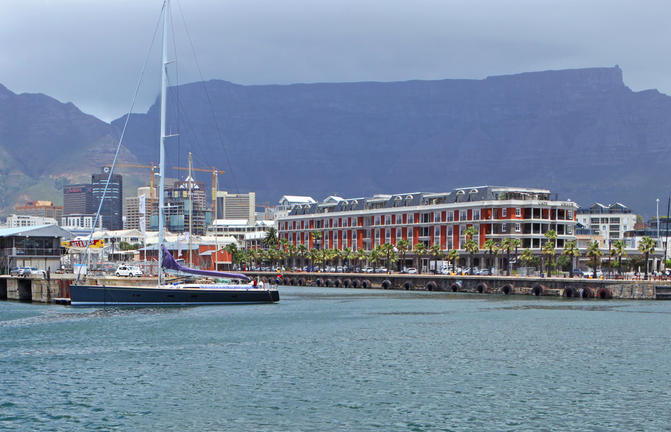
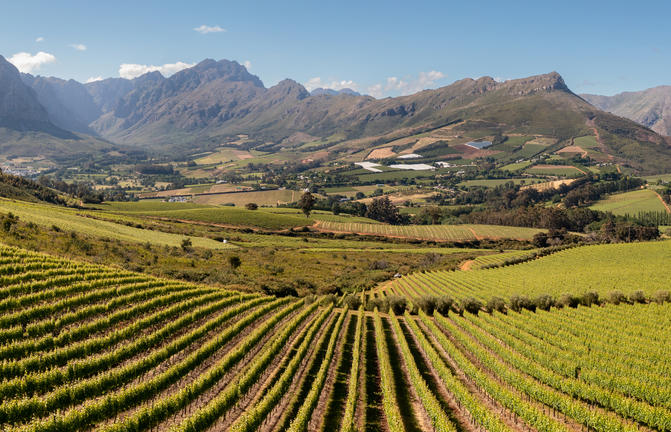

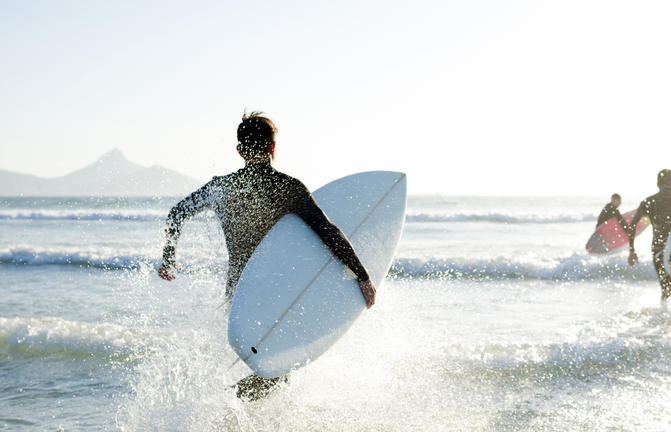
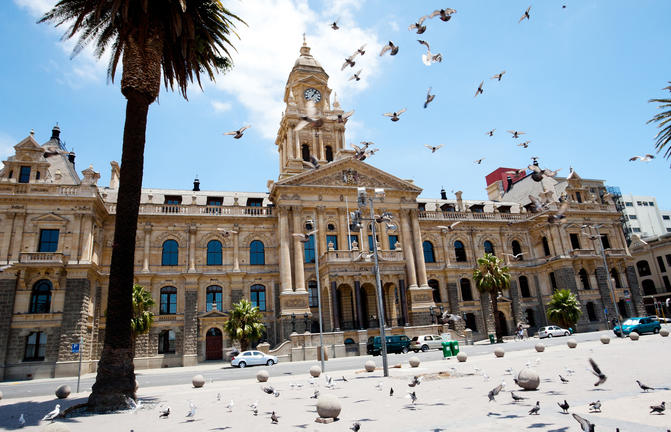
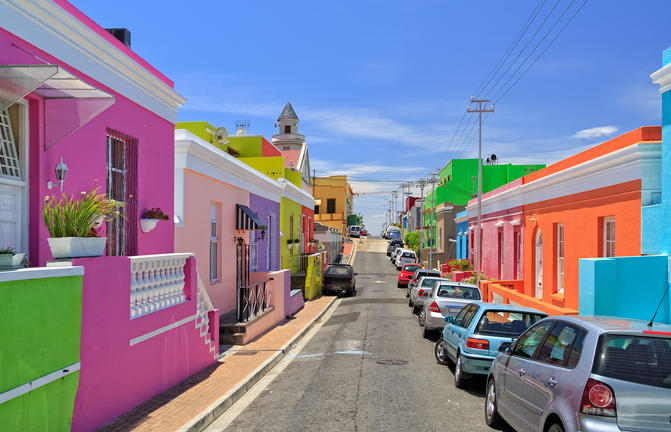
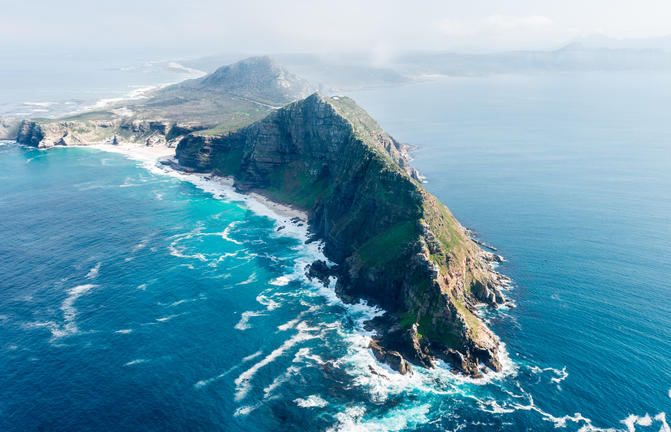
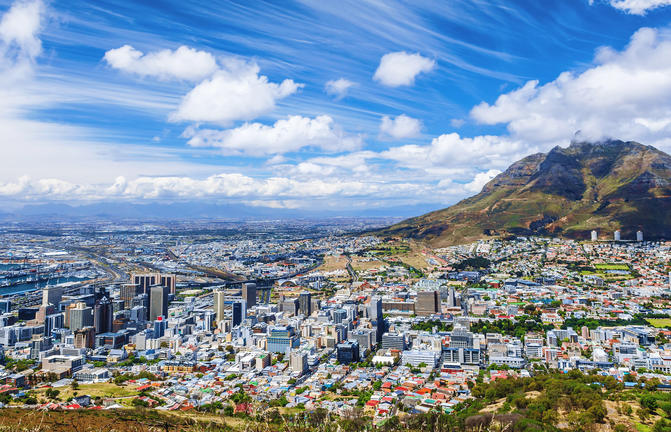
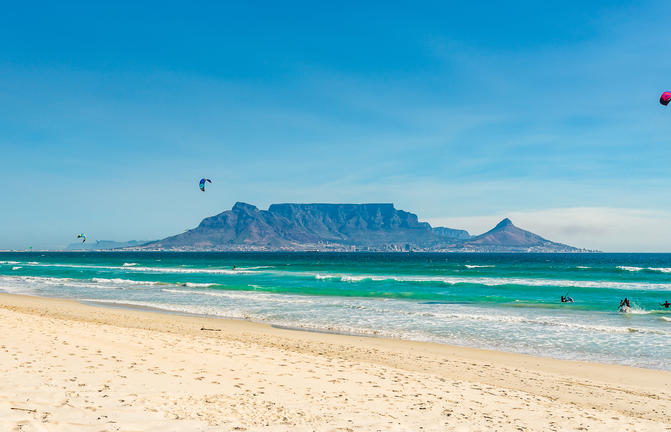
Cape Town is Southern Africa’s most beautiful, most romantic and most visited city. Its physical setting is extraordinary, something its pre-colonial Khoikhoi inhabitants acknowledged when they referred to Table Mountain, the city’s most famous landmark, as Hoerikwaggo – the mountains in the sea. Even more extraordinary is that so close to the national park that extends over much of the peninsula, there’s a pumping metropolis with a nightlife that matches the city’s wildlife. You can hang out with baboons and zebras at Cape Point in the morning, dine at an Atlantic seaboard bistro for lunch, tipple at a Constantia wine estate in the afternoon and party the night away in a Long Street club. All in a Cape Town day.
More than a scenic backdrop, Table Mountain is the solid core of Cape Town, dividing the city into distinct zones with public gardens, wilderness, forests, hiking routes, vineyards and desirable residential areas trailing down its lower slopes. Standing on the tabletop, you can look north for a giddy view of the city centre, its docks lined with matchbox ships. To the west, beyond the mountainous Twelve Apostles, the drop is sheer and your eye sweeps across Africa’s priciest real estate, clinging to the slopes along the chilly but spectacularly beautiful Atlantic seaboard. To the south, the mountainsides are forested and several historic vineyards and the marvellous Botanical Gardens creep up the lower slopes. Beyond the oak-lined suburbs of Newlands and Constantia lies the warmer False Bay seaboard, which curves around towards Cape Point. Finally, relegated to the grim industrial east, are the coloured townships and black ghettos, spluttering in winter under the smoky pall of coal fires – your stark introduction to Cape Town when driving in from the airport on the eastern outskirts of the city.
To appreciate Cape Town you need to spend time outdoors, as Capetonians do: they hike, picnic or sunbathe, often choose mountain bikes in preference to cars, and turn adventure activities into an obsession. Sailboarders from around the world head for Table Bay for some of the world’s best windsurfing, and the brave (or unhinged) jump off Lion’s Head and paraglide down close to the Clifton beachfront. But the city offers sedate pleasures as well, along its hundreds of paths and 150km of beaches.
Nestled between towering mountains in the beautiful Cape winelands lies the Franschhoek Valley - the food and wine heartland of the country, where fine wines are grown and our top chefs create gourmet experiences. Breath-taking scenery, warm hospitality, world class cuisine and the finest wines all combine to make this one of our favourite destinations when visiting South Africa.
Spectacular vineyards cover these mountain slopes settled more than 300 years ago by the Huguenots, who brought with them their age-old French wine and food culture. This is a valley rich in history centred around a picturesque village of friendly, welcoming people. The village has become a centre for crafts, art, antique shops and galleries while the main street is lined with coffee shops and restaurants. Franschhoek is the perfect place to take it easy; stroll the main street perusing galleries and crafts, trying different foods, or you can stay active with a bike ride through the valley, horse rides, walks and more...
Where to eat in Franschoek central;
Foliage Sustainable comfort cooking in a relaxed bistro setting. Big fireplace, wooden tables & chairs and open plan kitchen. Local produce and wines with an emphasis on terroir cooking.
The Tasting Room at Le Quartier Francais is a much-lauded, fine dining restaurant, frequently featured in the San Pellegrino world’s top 50 restaurants.
Cafe des Arts is a simple, relaxed and rustic eatery in Franschhoek town – here, the menu is scribbled on a chalkboard every day and the food is all fresh – sourced from local farms. Head chef Chris Hoffman hails from the Olympia Bakery in Cape Town’s Kalk Bay (quite possibly my favourite restaurant, ever) and the vibe is pan-to-the-plate, tasty grub.
Salmon Bar is the only restaurant in the entire African continent that boasts a menu of responsibly sourced, MSC-certified seafood. Here, fish farmer Greg Stubbs recognised the need to remove pressure from the ocean’s dwindling resources thourgh Aquaculture. Call ahead and book a smoked salmon and trout tasting with Greg – he’ll take you on an extraordinary gastronomic journey in the art of sustainable seafood.
Just walk the main street and you are bound to find an appealing eatery for breakfast, lunch or dinner.
Further afield are the wine estates, many of which have fabulous restaurants, accessed by The Wine Tram, taxis or bicycle! La Motte, Rickety Bridge, Boschendal are just a few of the fabulous estates with great restaurants.


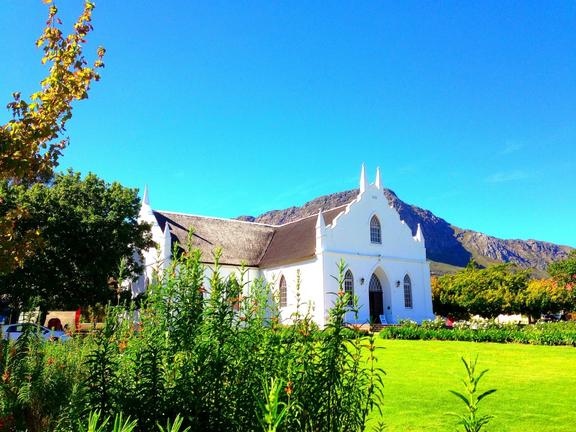
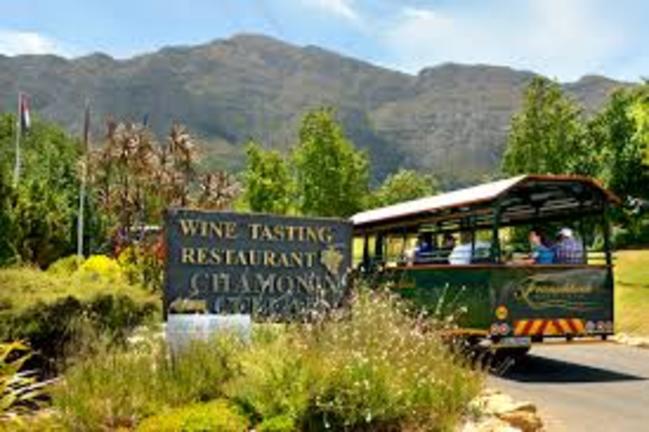
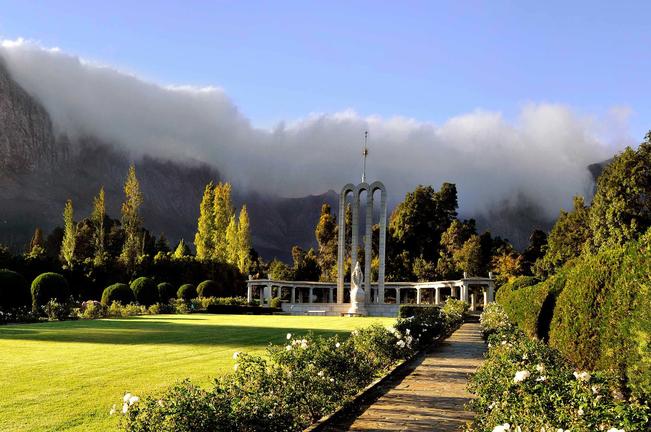
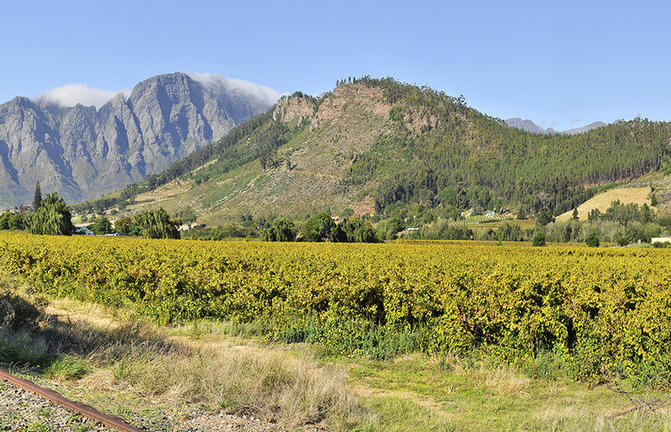


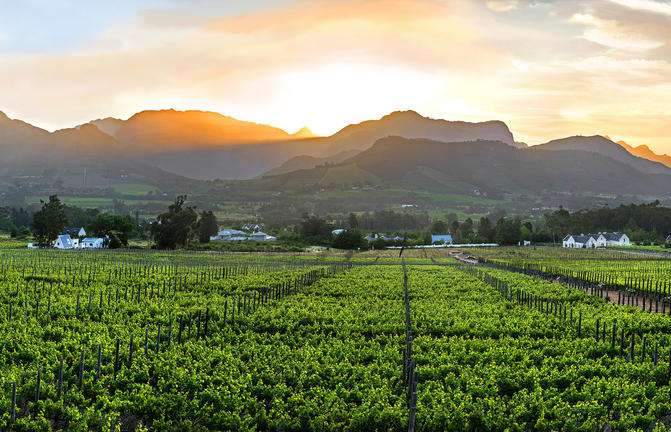







Londolozi Game Reserve, a sanctuary named after its Zulu meaning "Protector Of All Living Things," nestles gracefully along the banks of the Sand River within the captivating Sabi Sands Game Reserve. Situated on the western border of the renowned Kruger National Park, this exquisite reserve offers an exclusive haven for wildlife enthusiasts. Experience a range of safari activities, including interpretive Big Five safaris, thrilling bush walks, and captivating night game drives. Encounter majestic creatures like elephants, lions, rhinos, buffalos, cheetahs, giraffes, zebras, and an array of antelope species. For photography enthusiasts, Londolozi provides remarkable opportunities for unforgettable photographic safaris. Indulge in rejuvenating yoga sessions, clay-pigeon shooting, and pampering massages. The family-friendly game reserve caters for a variety of guest interests and is a haven for young explorers who can join the Cub's Program.



